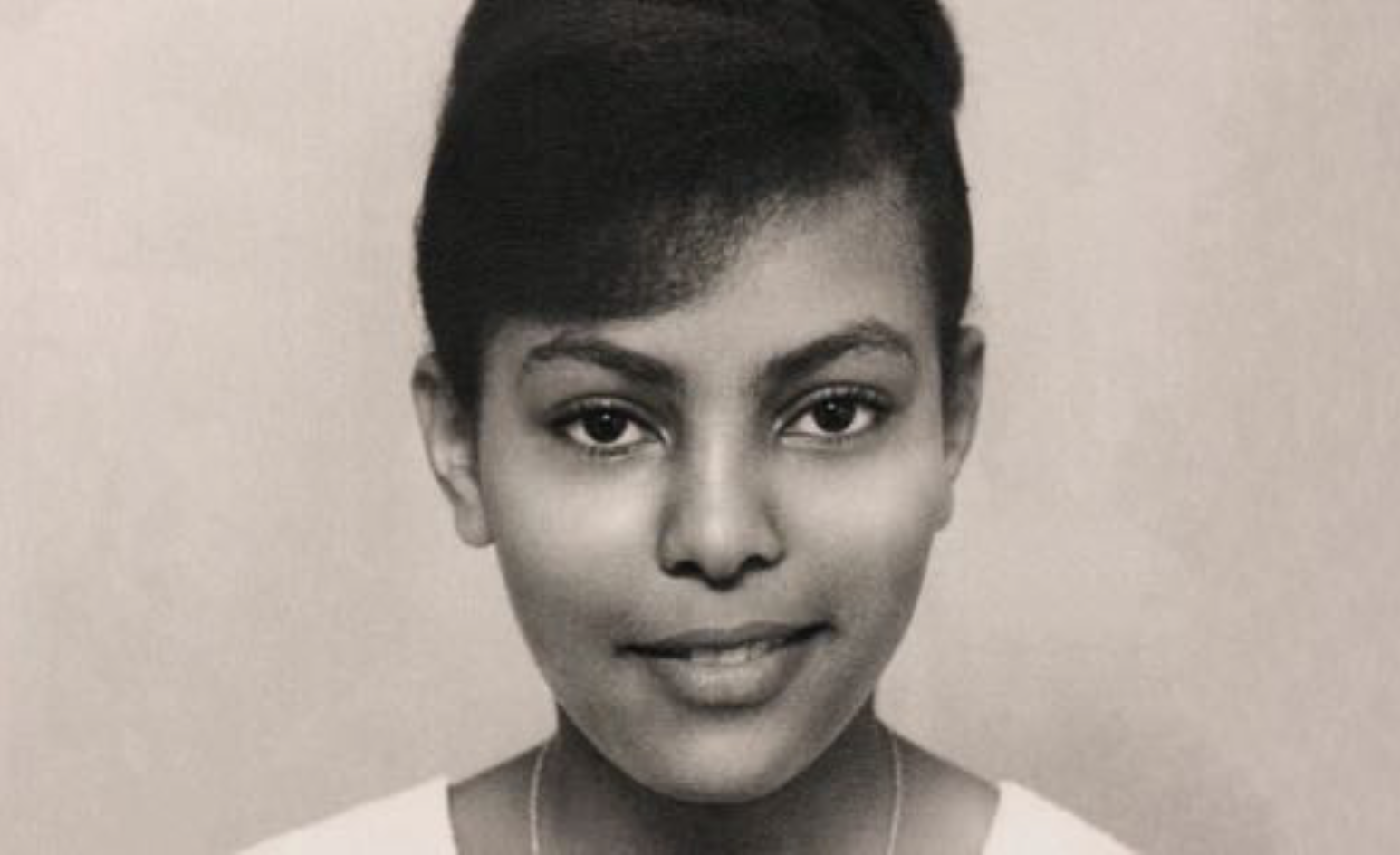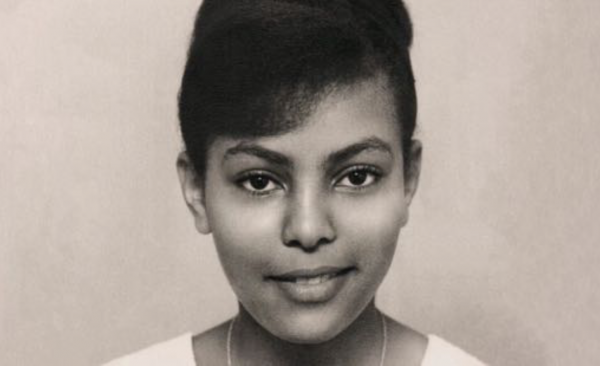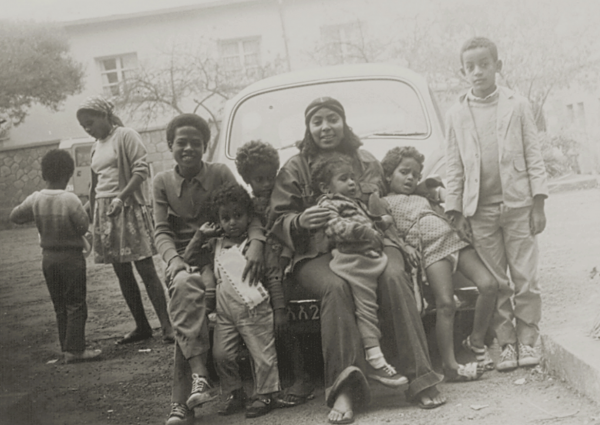KID REPORTERS’ NOTEBOOK
“Finding Sally”—A Filmmaker Tells Her Aunt’s Story


Sally Dawit, the subject of a new documentary, was the wealthy daughter of an Ethiopian diplomat. She disappeared under mysterious circumstances in the 1970s.
A new documentary called Finding Sally tells the story of Selamawit “Sally” Dawit, who disappeared in Ethiopia at the age of 23. The daughter of an Ethiopian diplomat, Sally grew up in countries around the world, wherever her father was stationed. After traveling to Ethiopia in the 1970s, she joined forces with rebels who were fighting the country’s brutal military government.
Nearly four decades after Sally’s mysterious disappearance, her niece, Tamara Mariam Dawit, moved from her home in Canada to Ethiopia. When she arrived, she noticed a portrait of Sally on her grandmother’s mantle. Dawit began to piece together the story of the aunt she never knew. She would go on to write and direct Finding Sally.
I recently got the chance to talk with Dawit about her new film, which is being featured this spring by the Hot Docs Canadian International Film Festival. Here are highlights from our conversation, which has been edited for brevity and clarity.
What inspired you to tell Sally’s story?
I wanted to talk about how she went missing and what my family felt about that. But I also wanted to tell the broader human rights and historical story. I knew that there had been a lot of human rights issues in Ethiopia in the 1970s. Finding out about Sally gave me an opportunity to research that further.

“It’s OK to fight for the things you believe in,” says filmmaker Tamara Mariam Dawit.
Knowing that it could cost her her life, why did Sally protest the government’s human rights abuses?
My grandfather told his children that even though they didn’t grow up in Ethiopia, they were still Ethiopian. They would have to give some part of themselves to their country. Sally really took that to heart. She believed that by accepting the risks of fighting abuse, she could bring about the positive future she wanted young Ethiopians and herself to have.
How did your family deal with the path Sally chose?
Watching the film, you get multiple perspectives from my aunts. Some family members thought that Sally was doing these things because she was being influenced by her husband [a leader of the rebel group]. Others thought that what she was doing was really important. Another big concern was the risk Sally was placing her parents in.
After Sally disappeared, my aunts didn’t share any rumors or information about her with my grandmother because they didn't want her to worry or give her false hope.

Sally Dawit (center) became a rebel who fought the abuses of a brutal military government in Ethiopia in the 1970s.
What do you want viewers to take away from the film?
Ethiopians don’t always learn history in school, or even attend school, and older generations tend not to discuss the things they went through because of the trauma attached to their memories. Hence, the country often repeats the same mistakes. So a big lesson is the importance of looking at your past and knowing what happened there—as a country or a family—so you can move forward.
The other lesson is that it’s OK to fight for the things you believe in and that you should push for the change you want to see.
Hot Docs is showcasing Finding Sally on CBC Gem (a Canadian Broadcast Corporation channel) until June 24.
